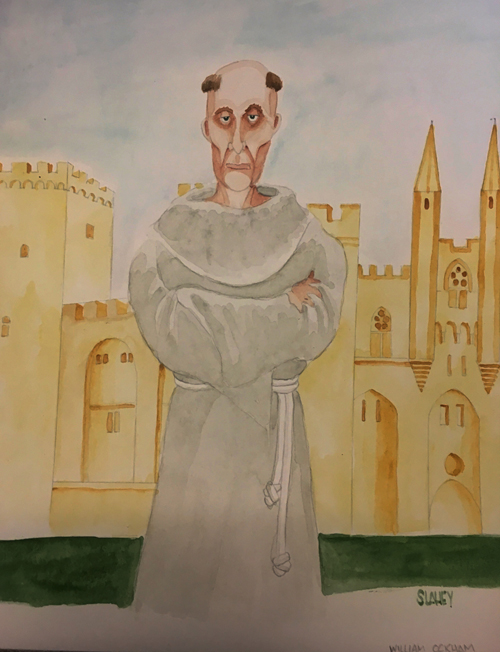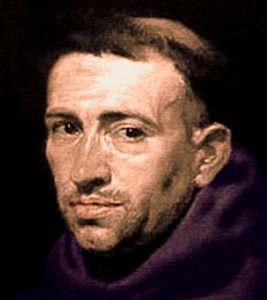

These five short arguments constitute only an introduction to a rigorous project in natural theology-theology that is properly philosophical and so does not make use of appeals to religious authority-that runs through thousands of tightly argued pages. As far as his philosophy is concerned, Thomas is perhaps most famous for his so-called five ways of attempting to demonstrate the existence of God. " Within his large body of work, Thomas treats most of the major sub-disciplines of philosophy, including logic, philosophy of nature, metaphysics, epistemology, philosophical psychology, philosophy of mind, philosophical theology, the philosophy of language, ethics, and political philosophy.

Indeed with eloquent poetic language and strong exposition of ideas, the Dionysian corpus ranks among the classics of western spirituality." Although the attribution of authorship has proven to be a falsification, the unknown author (hereafter referred to as Ps-Dionysius) has not lost his credibility as an articulate Athenian Neoplatonist expressing an authentic Christian mystical tradition. Presenting himself as Dionysius the Areopagite, the disciple of Paul mentioned in Acts 17:34, his writings had the status of apostolic authority until the 19th century when studies had shown the writings denoted a marked influence from the Athenian Neoplatonic school of Proclus and thus were probably written ca. " Dionysius is the author of three long treatises ( The Divine Names, The Celestial Hierarchy, and The Ecclesiastical Hierarchy ) one short treatise ( The Mystical Theology ) and ten letters expounding various aspects of Christian Philosophy from a mystical and Neoplatonic perspective.

He believes that time is not infinite because God 'created' it." Additionally, Augustine adopts a subjective view of time and says that time is nothing in reality but exists only in the human mind’s apprehension of reality. Augustine believes reason to be a uniquely human cognitive capacity that comprehends deductive truths and logical necessity. In a proof for existence similar to one later made famous by René Descartes, Augustine says, ' If I am mistaken, I am.' He is the first Western philosopher to promote what has come to be called 'the argument by analogy' against solipsism : there are bodies external to mine that behave as I behave and that appear to be nourished as mine is nourished so, by analogy, I am justified in believing that these bodies have a similar mental life to mine. He argues that skeptics have no basis for claiming to know that there is no knowledge. He is famous for being an inimitable Catholic theologian and for his agnostic contributions to Western philosophy. Augustine is a fourth century philosopher whose groundbreaking philosophy infused Christian doctrine with Neoplatonism.


 0 kommentar(er)
0 kommentar(er)
